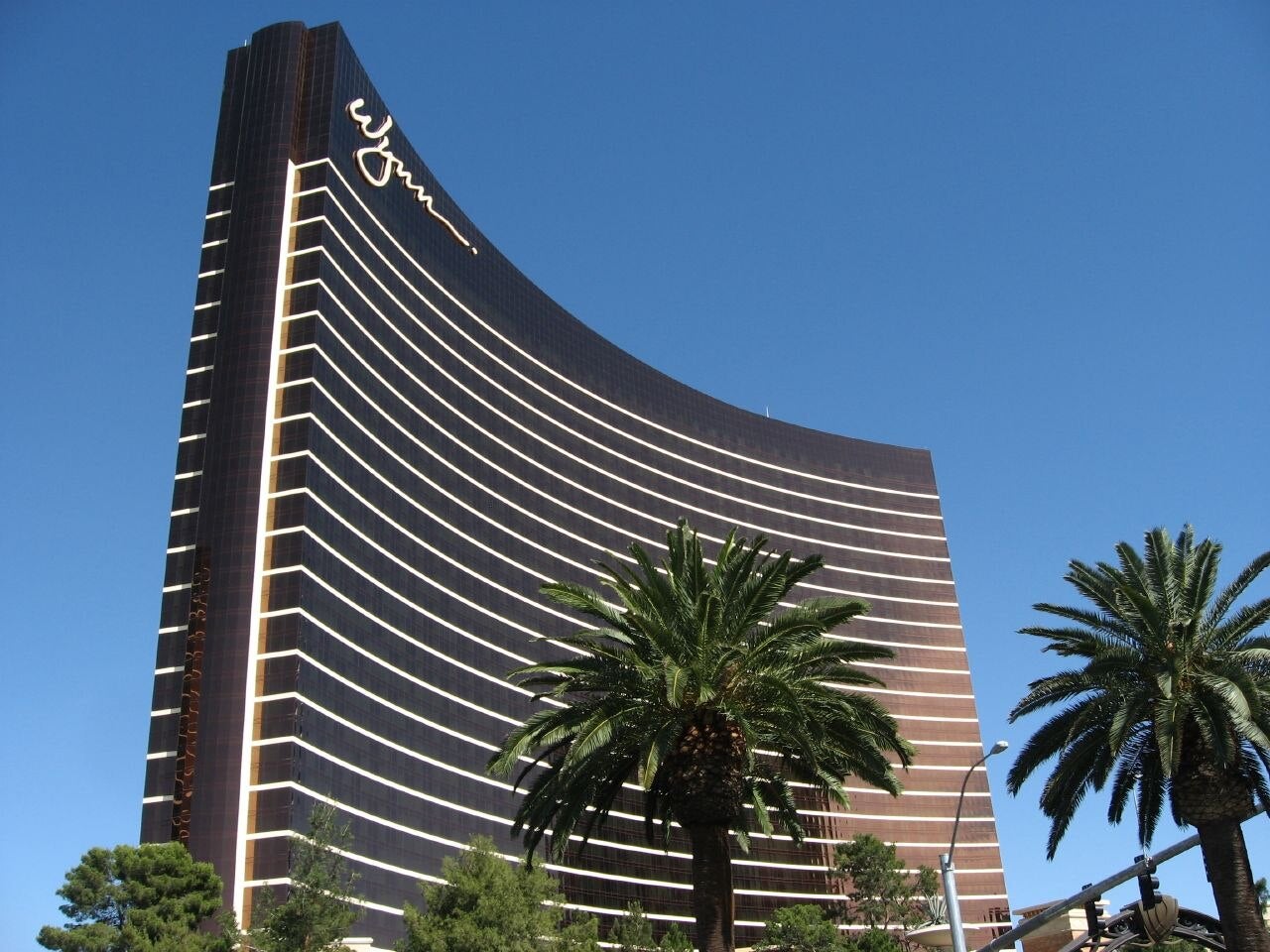Premium Strategy Shields Wynn
Wynn Resorts’ focus on luxury clientele has insulated it from the volatility in Las Vegas, where declining tourism and erratic gaming revenue have plagued competitors. While Caesars and MGM balance mid-tier and premium properties, Wynn’s exclusive high-end positioning aligns with resilient demand from ultra-wealthy individuals. The demographic is less impacted by inflation, elevated tariffs, and the ongoing government shutdown.
Wynn CEO Craig Billings underscored this divergence, noting, “Mass gaming and [average daily rates] are, of course, levered to visitation, because they’re both either demand-driven or correlate to the number of people that are coming through every day. High-end gaming, very different, right? That’s about the equity markets. It’s about host-to-customer relationships, one-to-one selling.” As mid-market visitors dwindle, Wynn’s curated service model for high rollers continues delivering stability where rivals see erosion.
Focus on Elite Clientele
Wynn’s focus on affluent clients allows precise service delivery, whereas rivals like MGM and Caesars grapple with balancing diverse customer segments. CEO Billings emphasized this strategic distinction, stating, “Wynn Las Vegas is not necessarily built for those visiting Las Vegas on a tight budget. Our customer generally isn’t the customer who focuses on cost alone, but they are the type of customer who is really unrelenting when it comes to value for their dollar, right? Their expectation of that perceived value could not be higher.”
Whales for the Win
Slot consultant Buddy Frank highlighted the anomaly in Wynn’s outperformance, noting that typical market consistency gives way when high-roller influence dominates. “The exception to [that premise] comes from those who have a strong percentage of what I call high roller guests, or ‘whales’, and also those who have highly volatile games like baccarat,” Frank observed.
Wynn’s superior retention of these “needle-movers”, capable of swinging quarterly results through single transactions, cements its competitive edge when mass-market focus seems to falter.


.jpg)

.jpg)

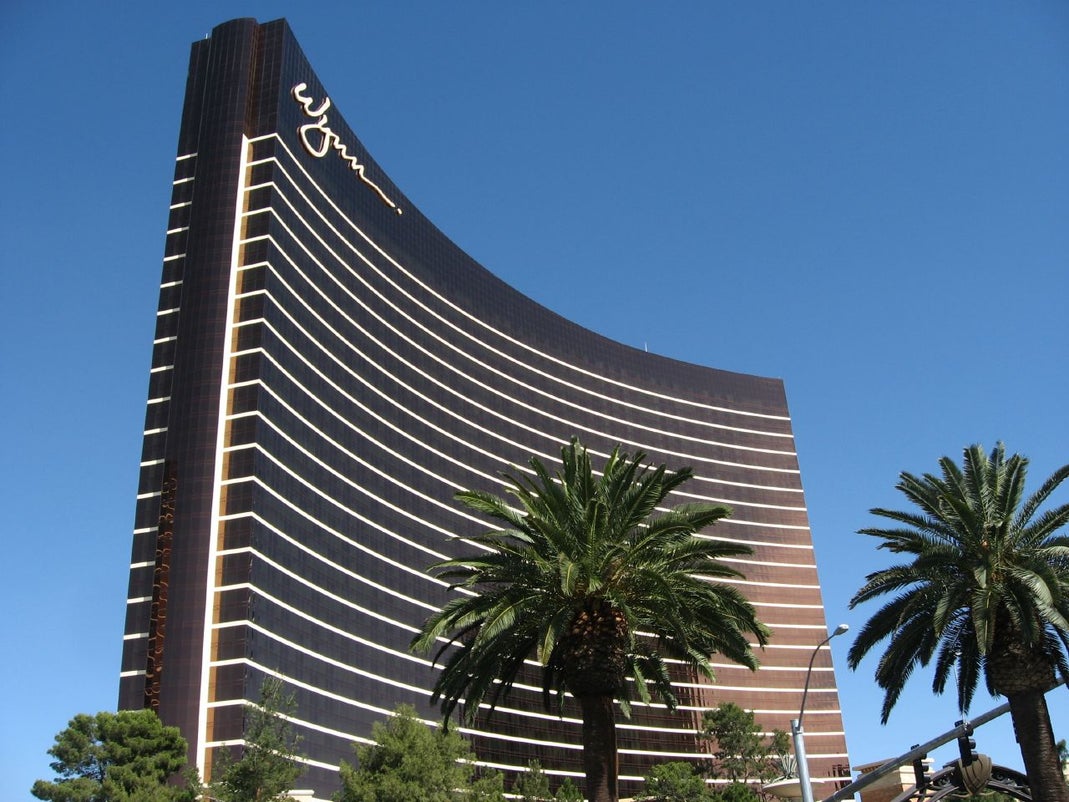

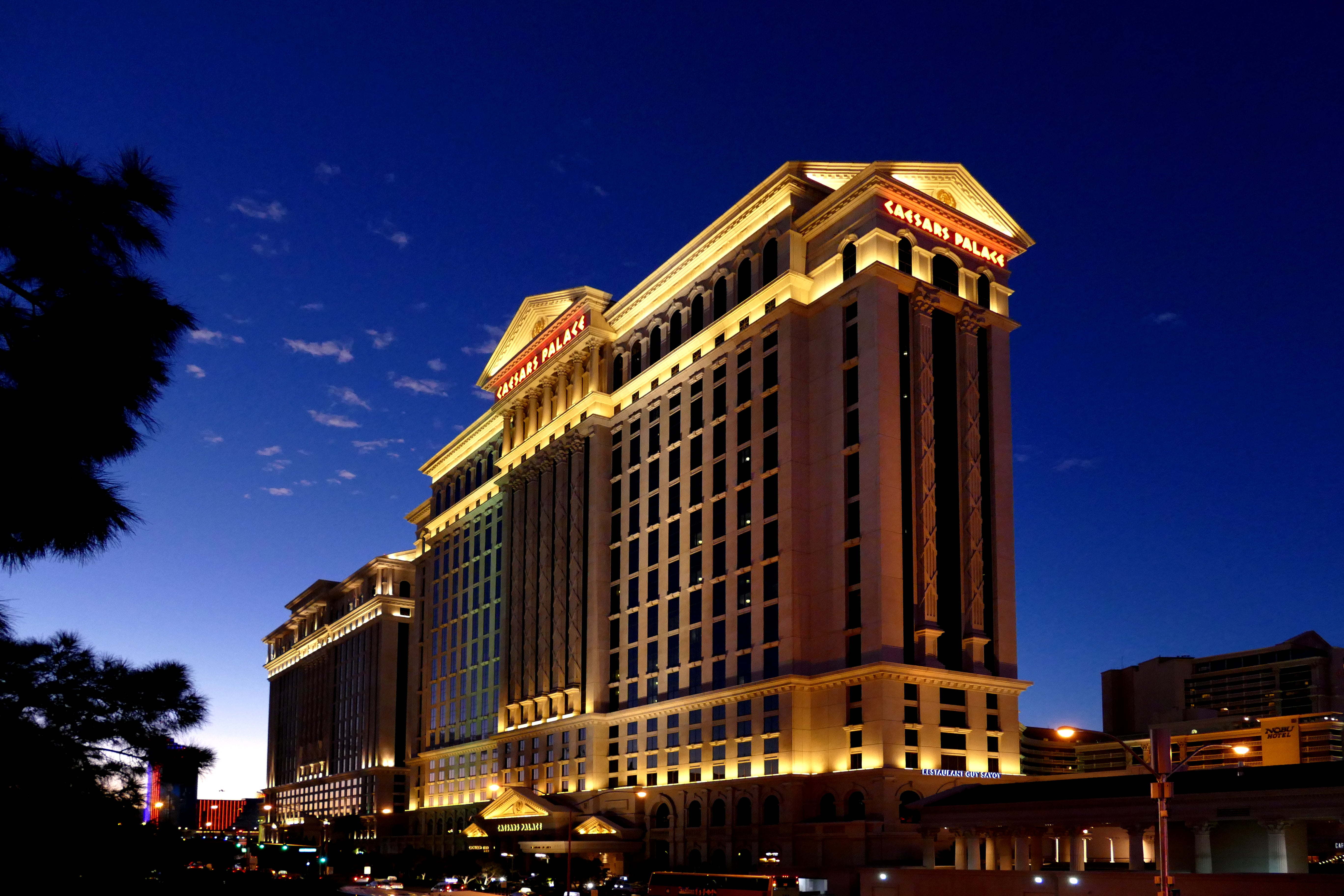

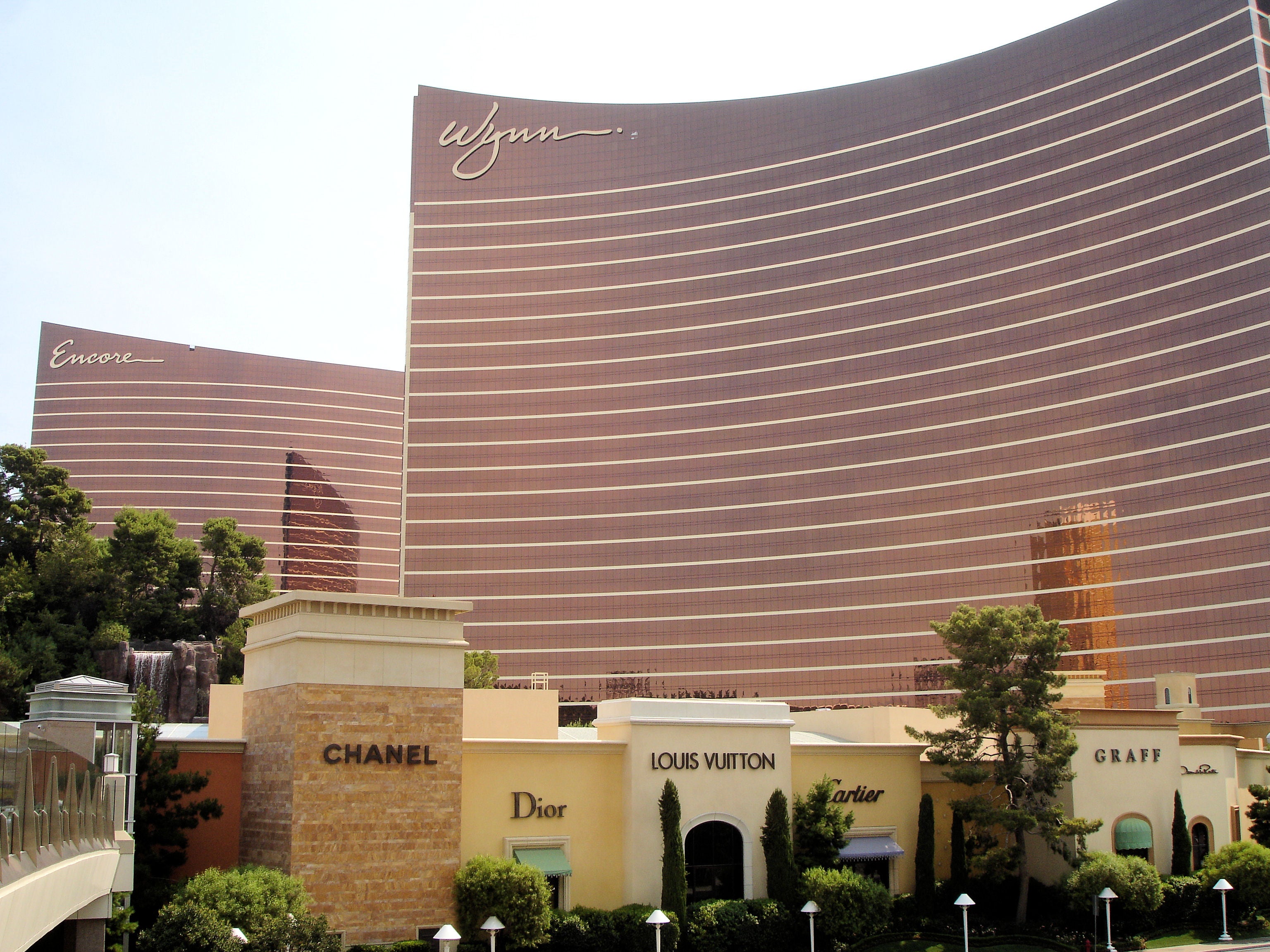






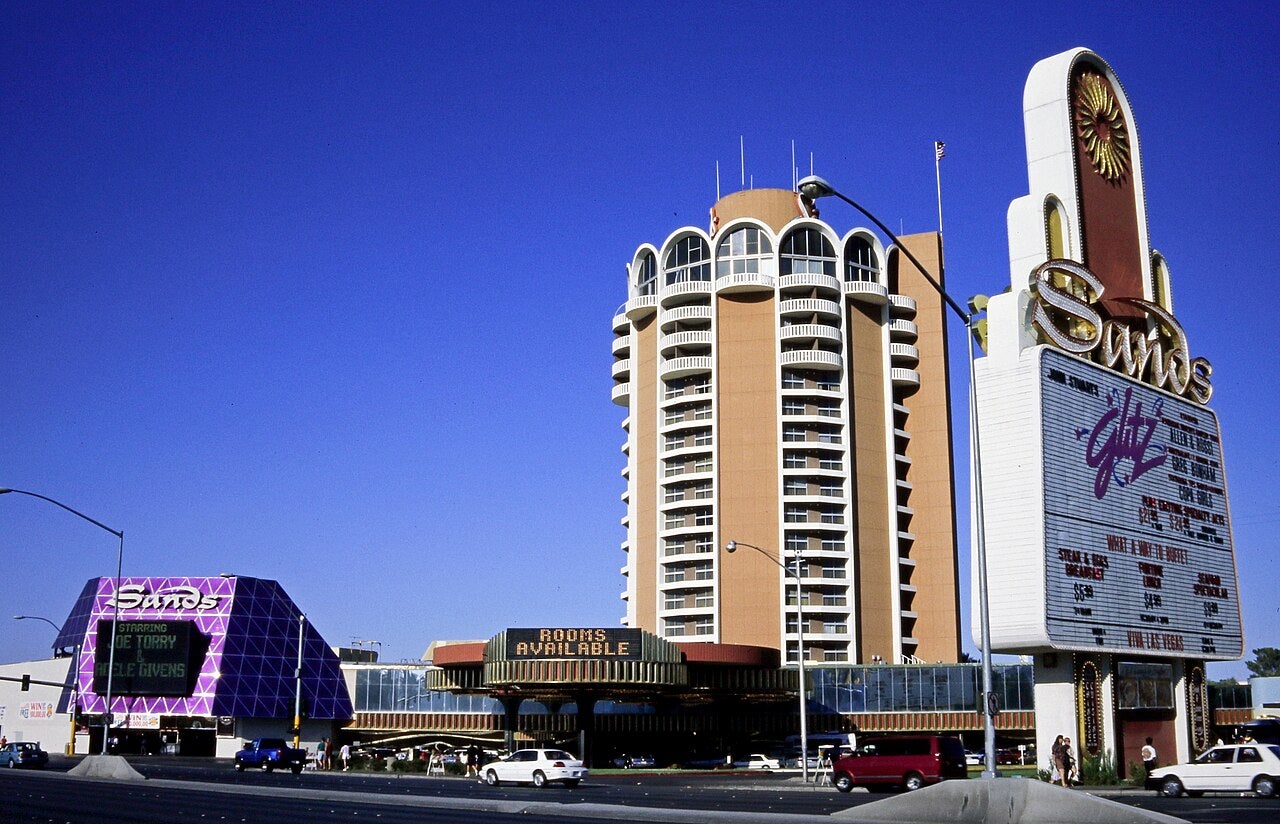


.jpg)
